AeroGenie — Your Intelligent Copilot.
Trending
Categories
EU Aviation Regulator Initiates Discussion on AI Safety and Oversight
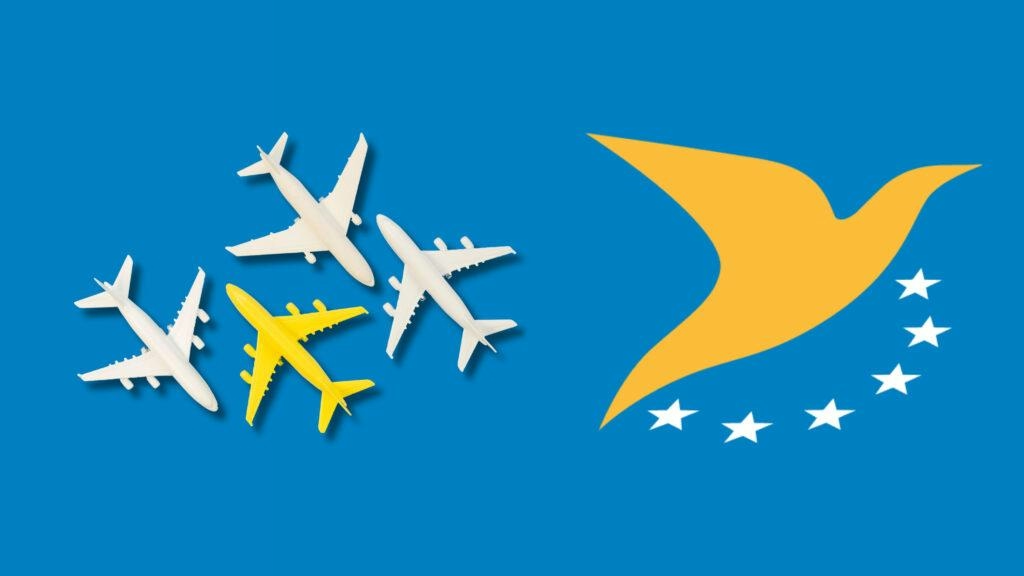
EU Aviation Regulator Initiates Discussion on AI Safety and Oversight
The European Union Aviation Safety Agency (EASA) has introduced its inaugural regulatory proposal focused on artificial intelligence (AI) in aviation, marking the start of a three-month public consultation aimed at soliciting feedback from industry stakeholders. The draft framework prioritizes the creation of trustworthy, data-driven AI systems, anticipating their application across a spectrum ranging from basic operational support to sophisticated human–AI collaboration within the cockpit.
Balancing Safety and Innovation Amid Regulatory Challenges
This initiative emerges amid broader criticism of the EU’s AI regulatory strategy from leading technology companies and political figures, who caution that overly stringent regulations may hinder innovation. Within the aviation sector, industry participants are carefully evaluating the potential implications of compliance costs and operational requirements. Concerns have been raised that adapting to new oversight measures could delay AI deployment or undermine competitive positioning, particularly for smaller enterprises with limited resources.
Regulators face the complex task of crafting a comprehensive framework that reconciles the imperative of safety with the necessity of fostering technological advancement. The ongoing discourse reflects a wider market response characterized by heightened scrutiny of AI integration and the risk of postponements in the introduction of new technologies. Some companies may respond by intensifying investments in AI safety research to sustain a competitive advantage, while others may resist what they perceive as excessive regulatory intervention.
Industry experts emphasize the urgency of strategic oversight in light of the emerging AI governance challenges highlighted by the British Standards Institution (BSI). This evolving landscape is expected to influence how aviation companies approach AI adoption, with safety and regulatory compliance becoming central priorities for future investment and development.
Consultation Process and Sector Developments
EASA has underscored the importance of the consultation process in striking a balance between rigorous assurance requirements and the flexibility necessary to support ongoing technological progress. Issues surrounding privacy and personal data protection remain contentious, shaping expectations regarding the acceptable use of AI in safety-critical environments.
Meanwhile, the aviation industry continues to demonstrate robust activity. Airbus plans to increase production to 75 A320-family aircraft per month by 2027, driven by strong demand for the A321neo model. In related transport sectors, Mitsui OSK Lines maintains its leadership in the global liquefied natural gas (LNG) carrier market, reflecting broader momentum in transport innovation.
As the EU’s regulatory debate advances, the focus on AI safety, oversight, and the evolving role of regulators is poised to influence the future trajectory of aviation technology across Europe.
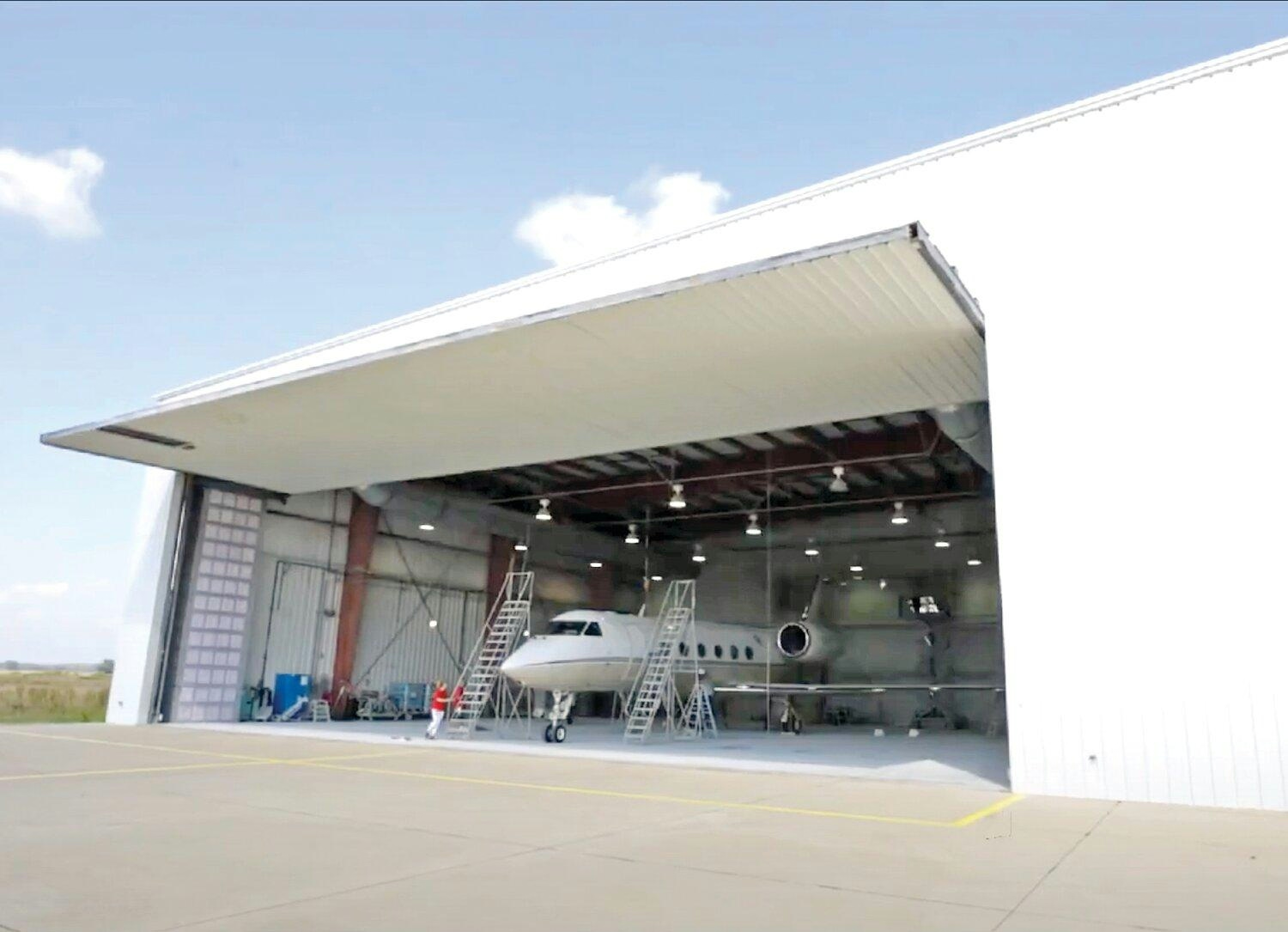
West Star Aviation Announces Expansion in Chattanooga

Aviation Design Software Market Projected to Reach $2.8 Billion
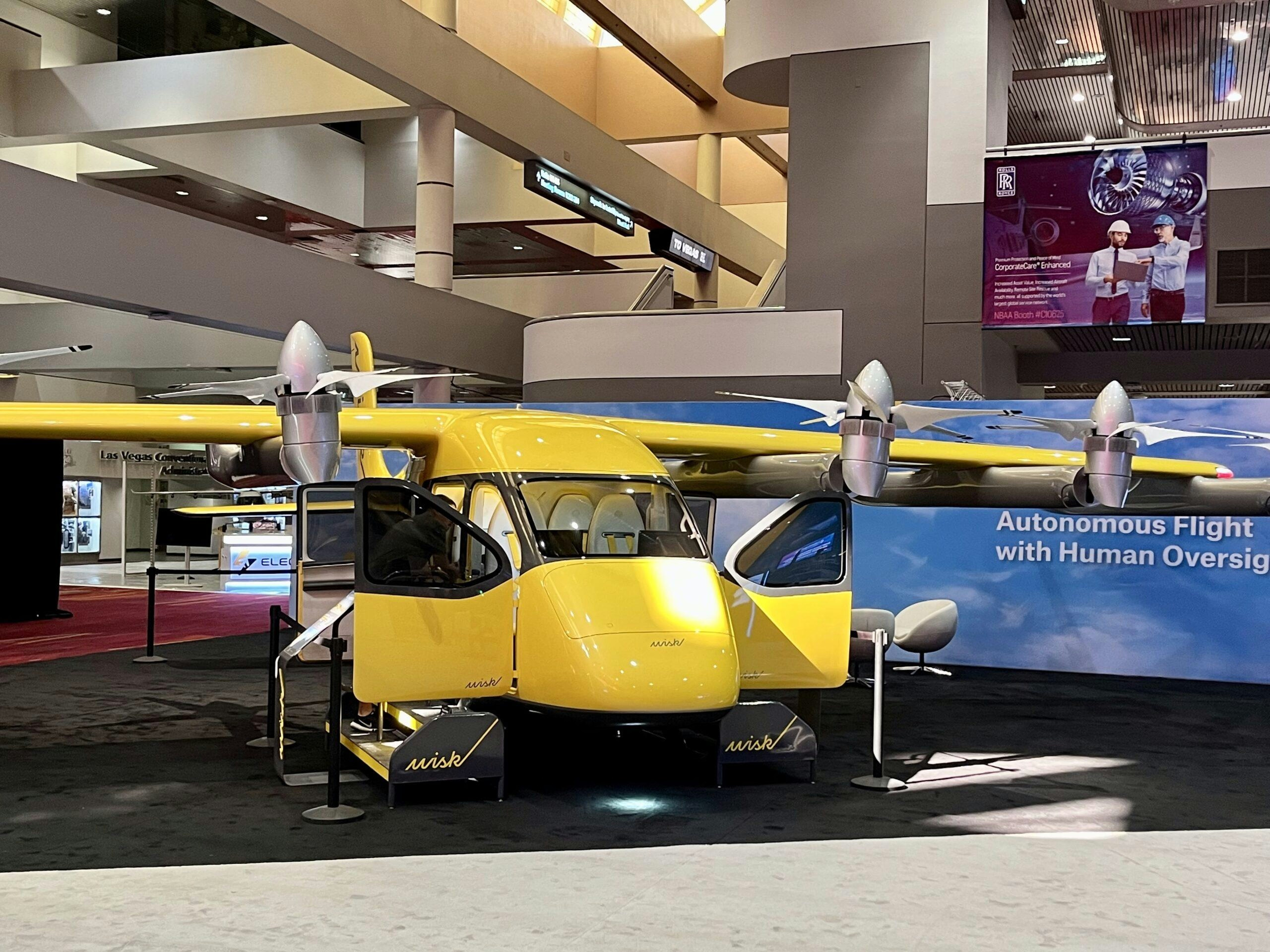
The Future of Aviation in Africa Amid Digital Transformation
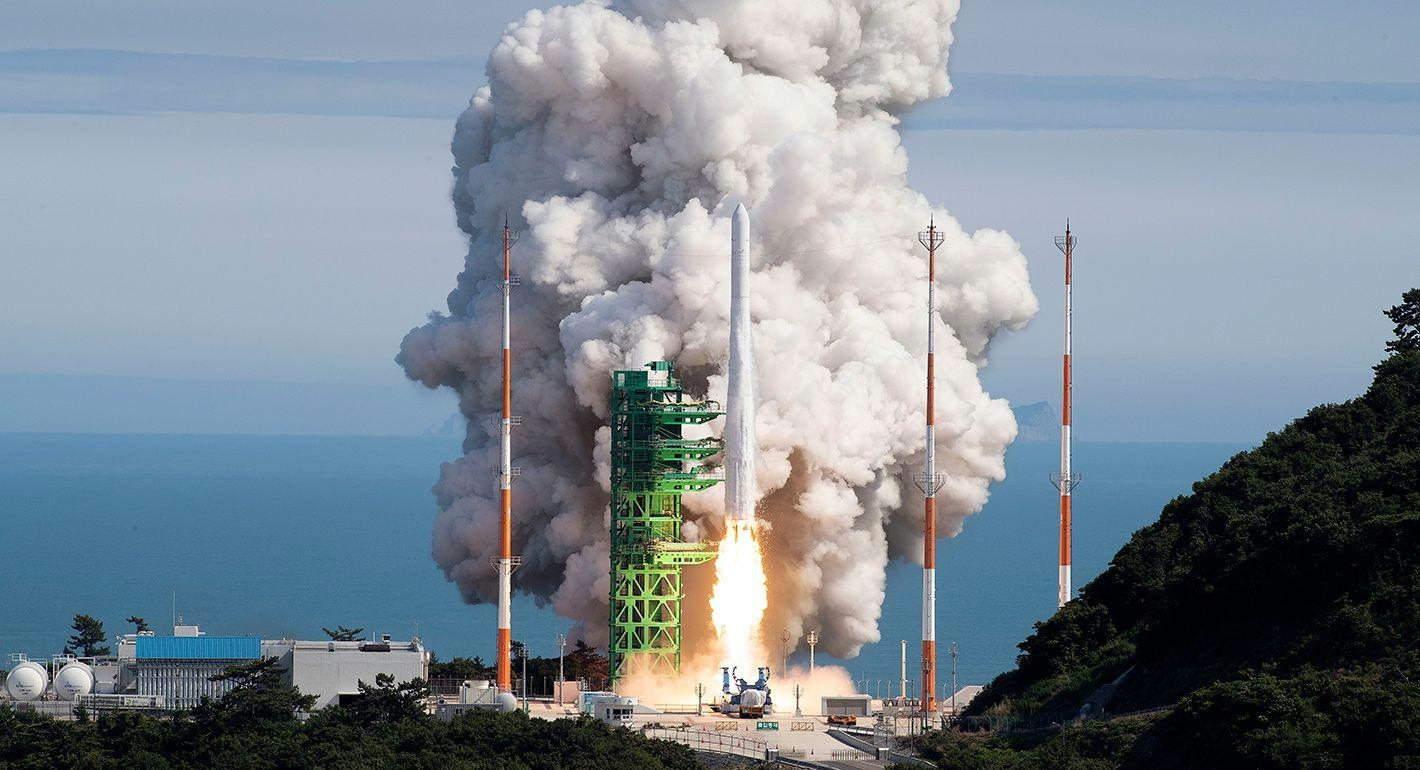
Gyeongnam Province Unveils Mid- to Long-Term Aerospace Industry Roadmap
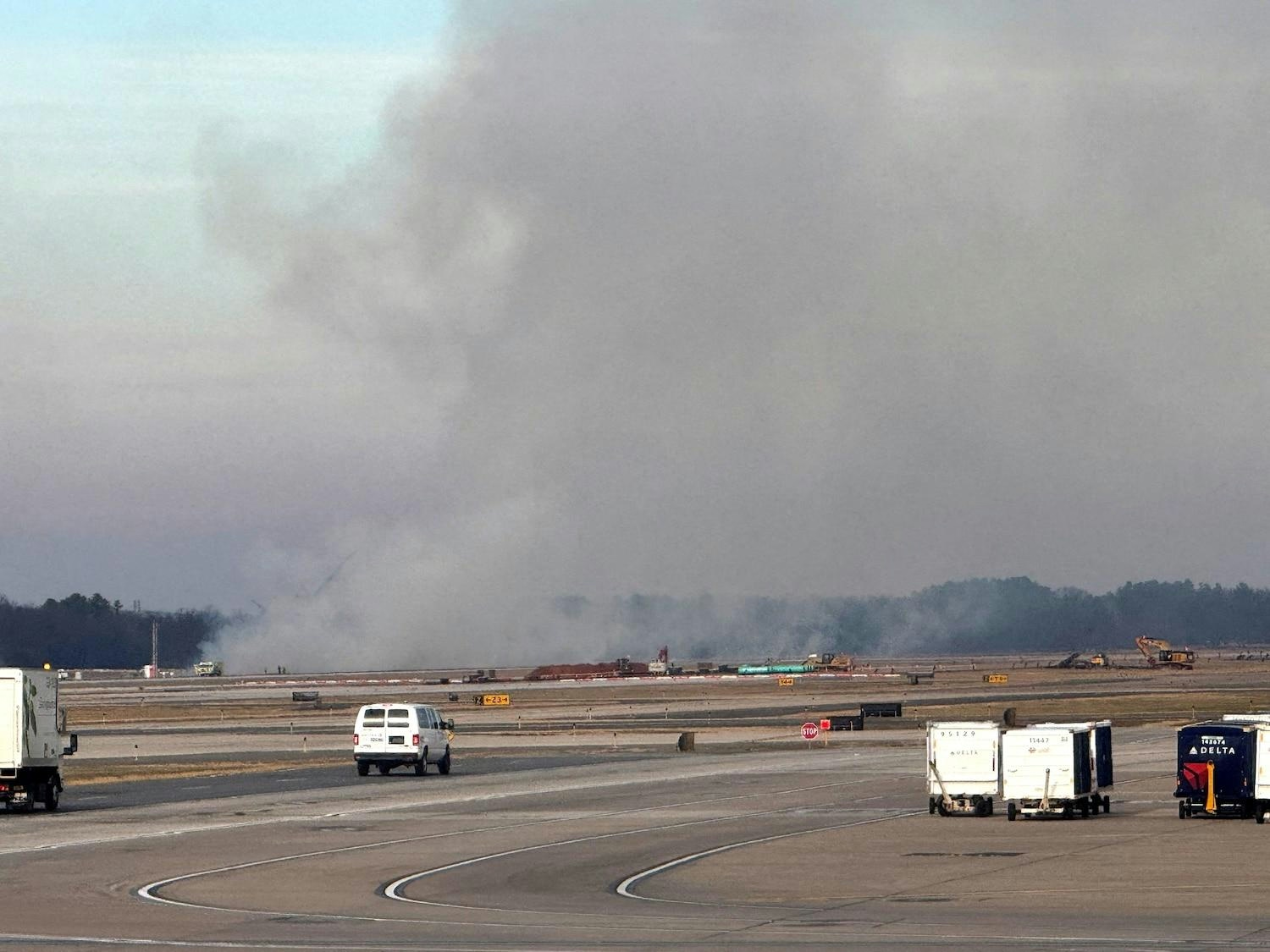
Delta Flight to Atlanta Suffers Engine Trouble, Sparks Grass Fire at Airport
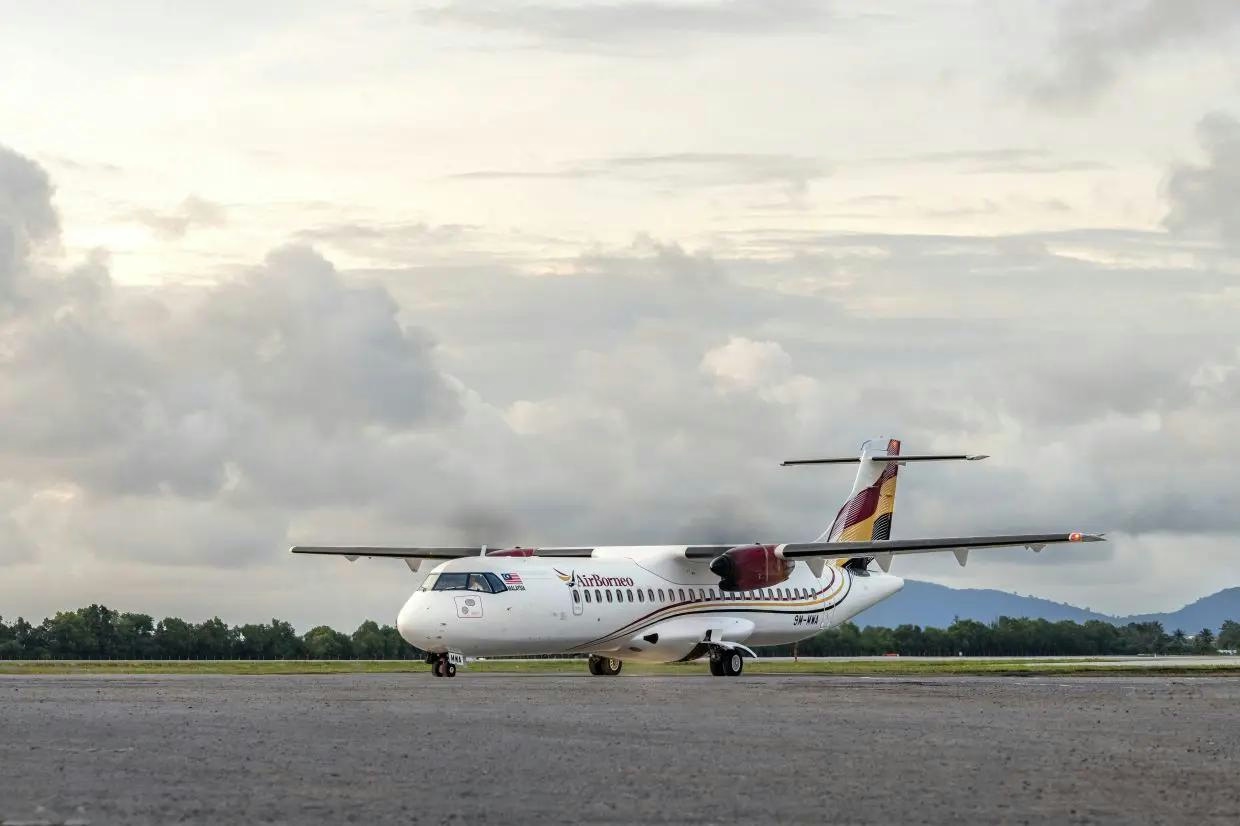
Sarawak's AirBorneo partners with IBM for AI-powered operations

PH Aerospace and MRO Exports Reach $603 Million, Says DTI
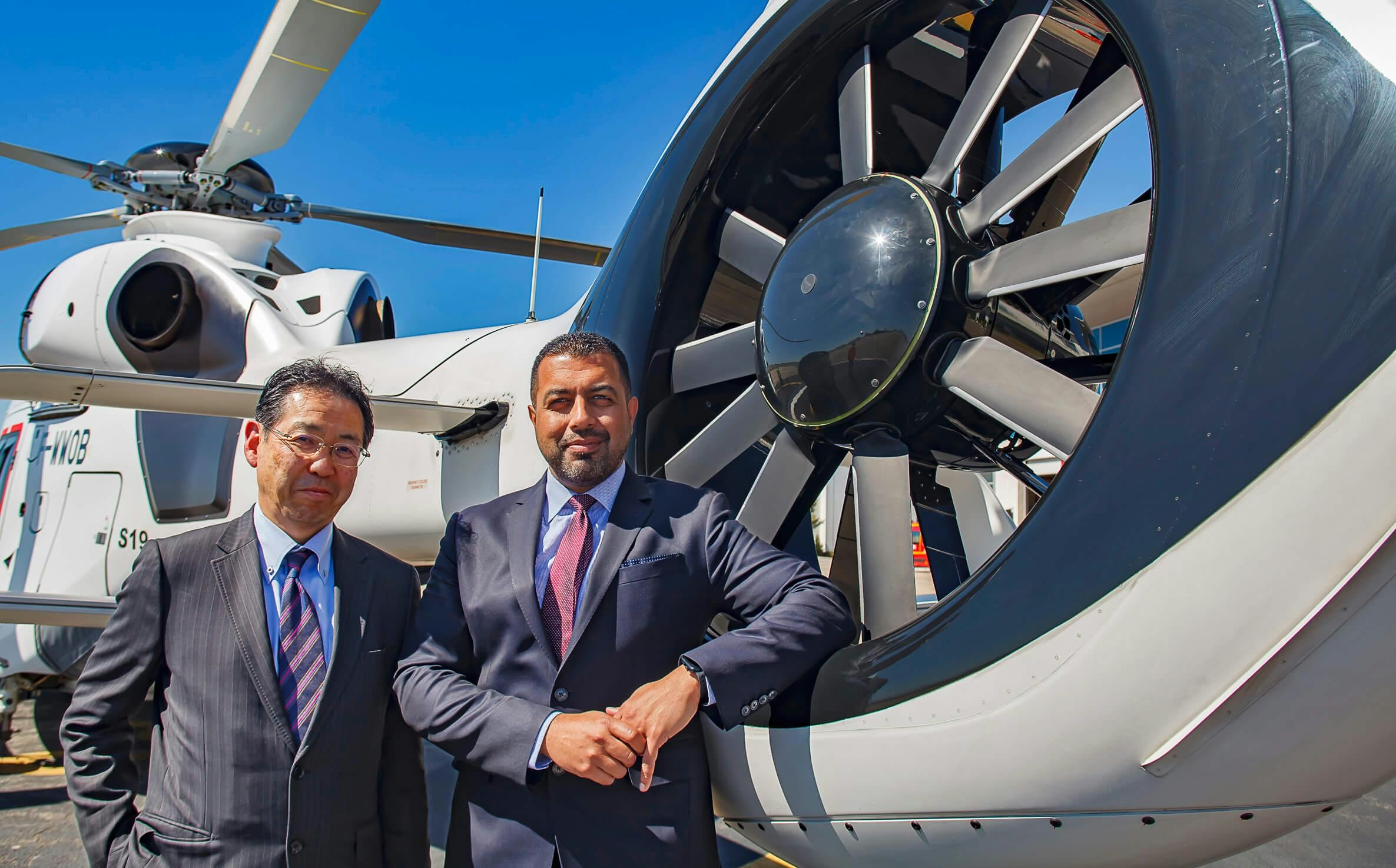
Dubai Aviation Nears Acquisition of Macquarie Aircraft Leasing Unit
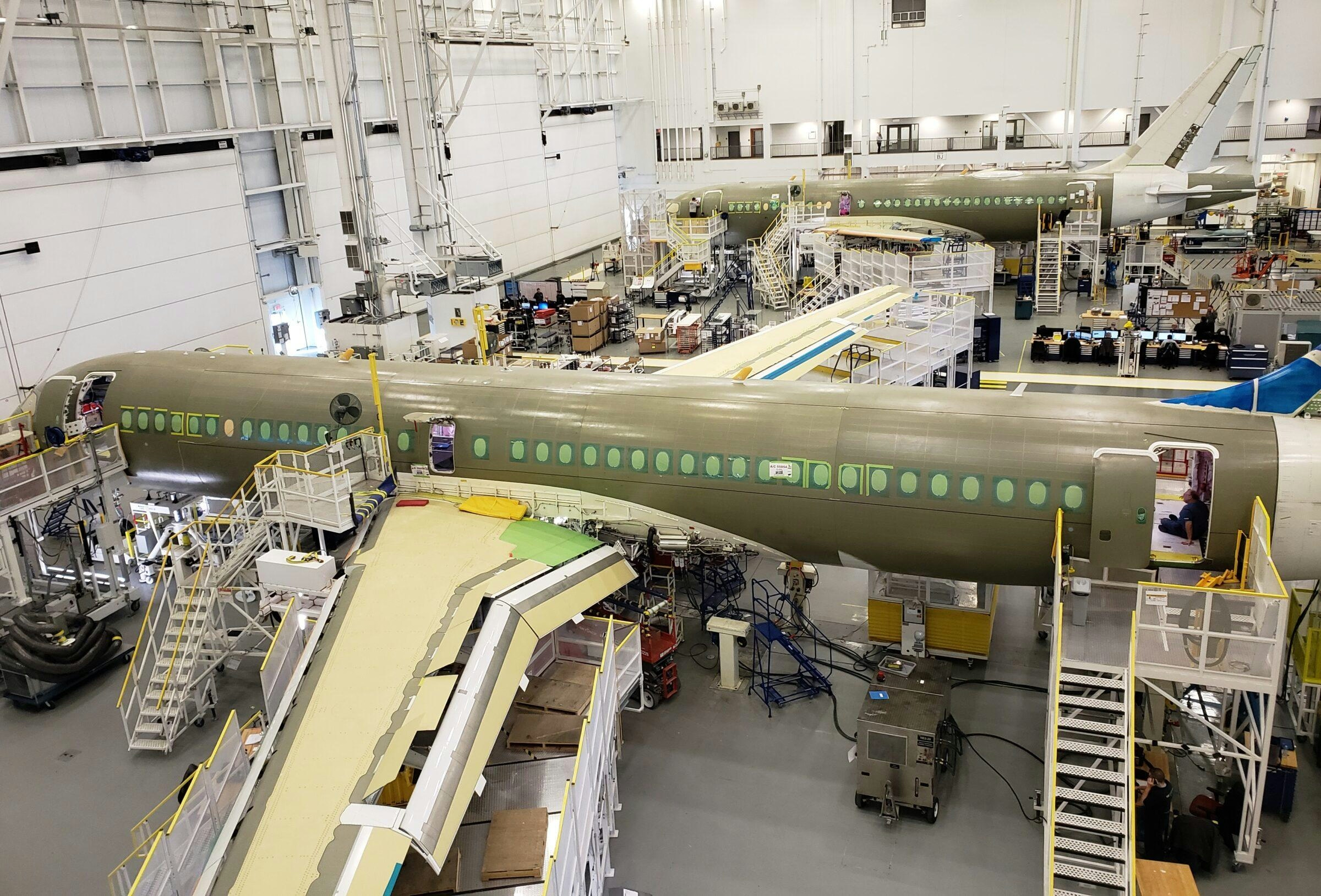
Airbus: Latest Developments and the Future of Aviation
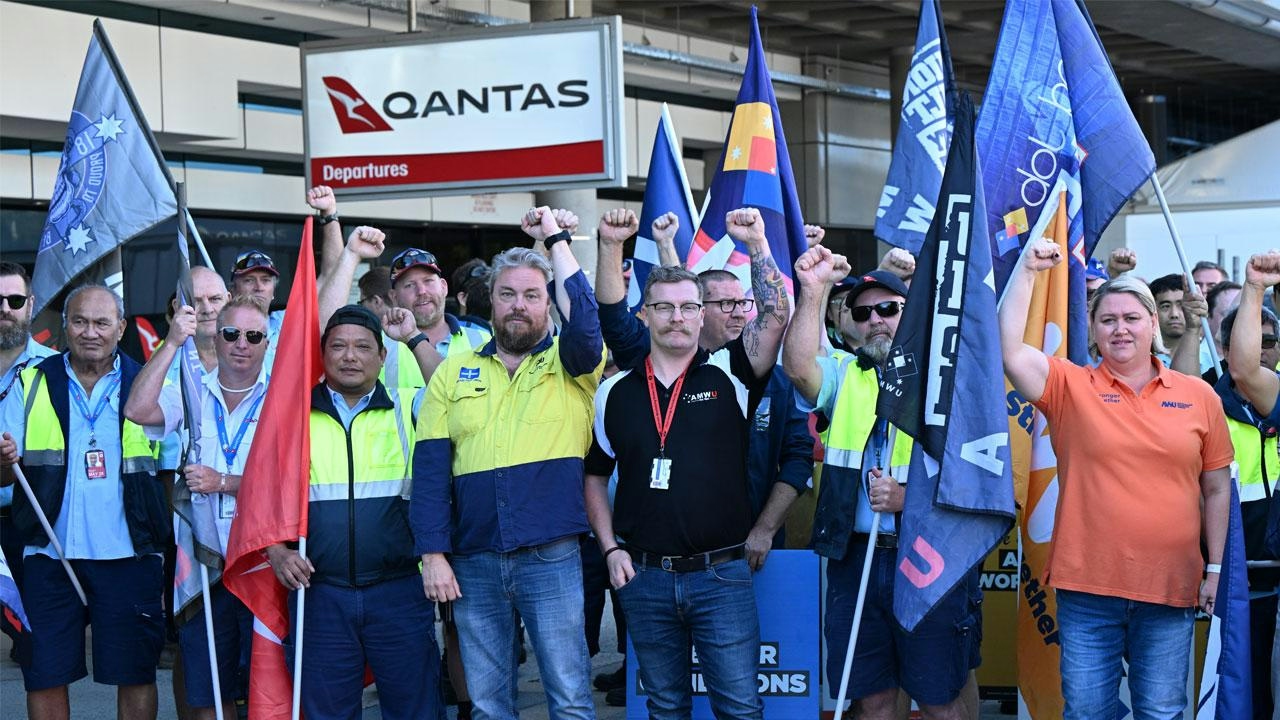
Qantas and Union Clash Over Job Security Amid AI Advances
